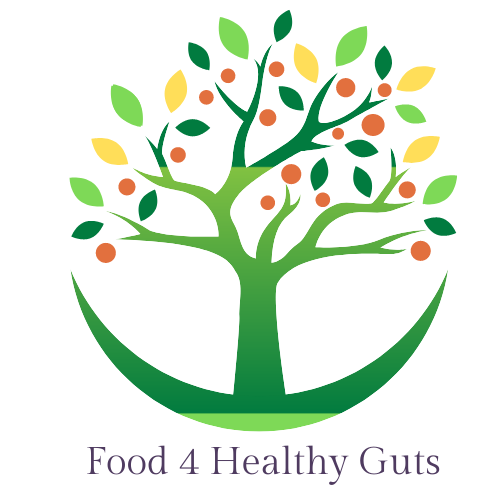Hayfever, IBS and histamine intolerance?
Do you suffer from hayfever and spring/summer allergies?
Do you take antihistamines?
What are your symptoms?
Itchy, red or watery eyes, runny or blocked nose, sneezing and coughing, itchy throat, mouth, nose, and ears, loss of smell, earache, headache, and feeling exhausted?
Would you be surprised to know that rosacea has been linked to high histamine?
Could your IBS symptoms of acid reflux, diarrhoea, nausea and vomiting, dizziness, migraine or headaches actually be histamine intolerance?
Surprisingly what you eat can have a big impact on the severity of your symptoms.
The foods below contain high levels of histamines which can intensify symptoms.
fermented dairy products, such as cheese (especially aged), yoghurt, sour cream, buttermilk, and kefir
fermented vegetables, such as sauerkraut and kimchi
pickles or pickled veggies
kombucha
cured or fermented meats, such as sausages, salami, and fermented ham
wine, beer, alcohol, and champagne
fermented soy products such as tempeh, miso, soy sauce, and natto
fermented grains, such as sourdough bread
tomatoes, eggplant, chilli, bell pepper (These are part of the nightshade family)
frozen, salted, or canned fish, such as sardines and tuna
vinegar
tomato ketchup
There are also foods that, while they are not high in histamine themselves, are ‘histamine liberators’ and can trigger your cells to release histamine.
strawberry
bananas
citrus fruit
Avocado
During spring and summer when the pollen count is high, try reducing these foods.
Do your symptoms reduce?
Other foods may impact your symptoms, but not because they are causing a histamine reaction.
Foods containing wheat, like bread and pasta, cakes, and pastries, can be problematic for people with grass pollen allergies.
Dairy products like milk and cheese stimulate the body to produce more mucus, making blocked noses or ears much worse. Sugar causes your body to produce more histamine, but also disrupts your microbiome impacting your immune system.
A 2019 study suggests that allergy is an immune‐related disease and results from a hypersensitive immune response to harmless substances in the environment (1). We can improve our immune response by looking after our gut health.
You might not react to all of the foods I’ve just mentioned. You are unique, so some foods may have no effect, you just need to be vigilant. If you work with me you could use my food and mood, journal to spot your triggers.
Some foods will help with hayfever/histamine symptoms.
Anti-histamine foods disrupt or block histamine receptors, helping to reduce allergy symptoms. These include foods that contain the plant chemicals quercetin and beta carotene, and those high in vitamin C (see below).
Local honey also may be helpful because, although it contains trace elements of pollen, over time it may help your body become more familiar with the pollen entering your system and reduce the inflammatory response it makes.
Quercetin containing foods include:
Onions, garlic, asparagus, all berries, apples, kale, okra, plums, and red grapes.
Beta carotene containing foods include:
Sweet potato, carrots, butternut squash, apricots, peas, broccoli, dark leafy greens like kale, and romaine lettuce.
Vitamin C containing foods include:
Blackcurrants, blueberries, peppers, kale, collard leaves, broccoli, kiwis, mango, courgettes, and cauliflower.
Of course, for low FODMAP people, you still need to avoid your trigger foods…
What to drink
Drink plenty of water. Keeping well hydrated is helpful for all aspects of health. In the case of hayfever, it thins the mucous membranes and reduces that ‘blocked up’ feeling.
Green tea is packed full of antioxidants, which are helpful for the immune system generally. It has also been proven to block one of the receptors involved in immune responses.
Ginger tea has been shown to help reduce allergic reactions by lowering your body’s IgE levels (the antibody involved in the specific immune reaction associated with hayfever).
Peppermint tea is worth trying because peppermint contains menthol, a natural decongestant that may help improve sinus symptoms.
Nettle tea may relieve inflammation of the upper respiratory tract and ease nasal congestion, sneezing, and itching.
Would like to work with me to identify your hay fever triggers so you can enjoy the spring and summer to the full?
Would you like to complete genetic testing to see if your symptoms are impacted by your genes?
CONTACT ME via my website, message me on FB or Instagram, pop into Head to Toe Health, Tonbridge on a Thursday to say hi, or even ring me!
So many ways
Jacxx
REF
doi: 10.1111/all.13788
